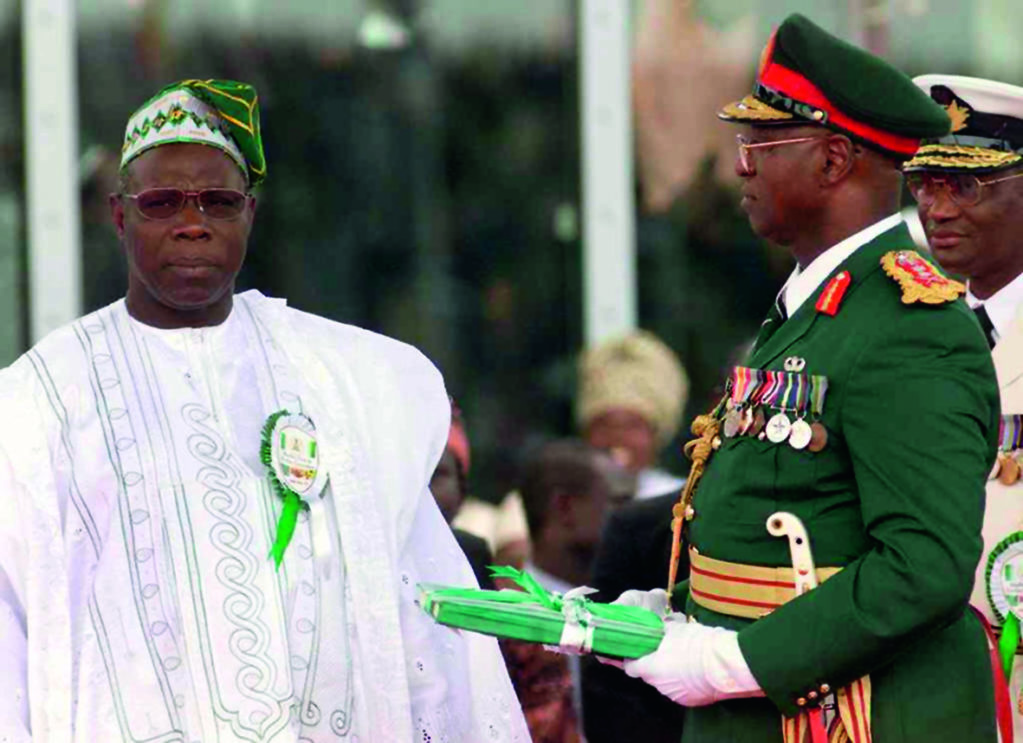Since its return to democracy in 1999 with the election of Olusegun Obasanjo, successive administrations, that have led this West African giant, embarked on a series of economic reforms that aim to increase the role of the private sector in the process of economic development. The current administration, headed by the fedora-wearing President Goodluck Jonathan, has made the reform of the country’s power sector the anchor program in its “transformation agenda”. The power sector reform program aims to substitute the hitherto government-controlled model—which is widely agreed to be one of the greatest impediments to its development—with a wholesale competition model that is private sector driven. Power supply in Nigeria is abysmally low, leading most households and businesses to rely on power generators and other alternatives to supplement the shortfall in supply from the public grid. At present, Nigeria generates around 4,000MW for its population of more than 160 million. The ambitious plan for power generation as contained in its Vision 20: 2020 national development blueprint, is a tenfold increase from the current level of power generation to 40,000MW by 2020. Despite the power shortage, the country has recorded an impressive rate of Gross Domestic Product (GDP) growth, which averaged 6.8% over the past five years. The minister of finance, Ngozi Okonjo-Iweala—who was the former managing director at the World Bank—recently predicted that an improvement in power generation will lead to double digit GDP growth for the country.
Nigeria possesses substantial oil reserves—estimated at more than 37 billion barrels—in the vast mangrove swamps of the Niger Delta. Since the discovery of oil in 1956, at Oloibiri village in present day Bayelsa State, the government has generated more than $600 billion worth of revenue from daily production, which peaked at 2.7 million barrels per day in August. However, much of this revenue had been frittered away over the years by corrupt government officials. The country has also been unable to leverage this abundance of oil to the benefit of its populace as it has often encountered challenges in ensuring the availability of petroleum products despite subsidies on fuel. A recent attempt by the federal government to do away with the subsidies, ostensibly to free up funds for re-investment into critical areas of need, was met by stiff opposition from the citizenry.
One positive factor that contributed significantly to the strong growth that has recently been recorded by the country was the successful deregulation of the telecoms sector in 2001. This led to the shift from government domination of the sector to a market-driven system. The effect of the policy reform was instant as teledensity rose from a mere 0.73% in 2001, to over 68% in 2012. The mobile subscriber base grew at record rates to over 95 million at present. The revolution in telecoms has also unlocked opportunities in mobile banking as the financial sector seeks to leverage mobile technology to further deepen banking among the country’s population. It is reported that an estimated 46% of the population do not have access to formal financial services.
In terms of its macroeconomy, the International Monetary Fund notes that Nigeria’s economy will grow at an estimated 7.1% in 2012. This growth, it says, will be driven by high commodity prices. Regarding sovereign debt, the country has a relatively low debt profile with its debt to GDP ratio estimated at 17.8%, a figure that is below the 30% target set by the government, and well below the global benchmark of 60%. International ratings agencies, Fitch and Standard & Poor’s, rate Nigeria respectively at BB- and B+, with both maintaining a stable outlook for the country. In terms of the country’s sovereign bonds, the annual yield on Nigeria’s 10 year Eurobond which was issued in January of 2011 has been fluctuating around 5% for most of the year. The minister of finance recently announced that the country may consider issuing another Eurobond in 2013 to raise funds for the power sector and gas sector reforms, following indications that J.P. Morgan could include the country in its emerging market index. Nigeria has also recently launched a sovereign wealth fund after concerns by state governors, who had initially opposed the idea of the fund, were allayed. With the constitution of the board and the appointment of the CEO, the fund, which has a start-up capital of $1 billion, is expected to become operational in the coming months.
Consequently, it is apparent that the Nigerian government is taking commendable steps towards developing the country’s economy and effecting a redistribution of income among the country’s citizens. In a country where public officials are known to lack the political will that is required to see policies and programs through, it remains to be seen how the current chapter in this dominant nation’s history will play out.
